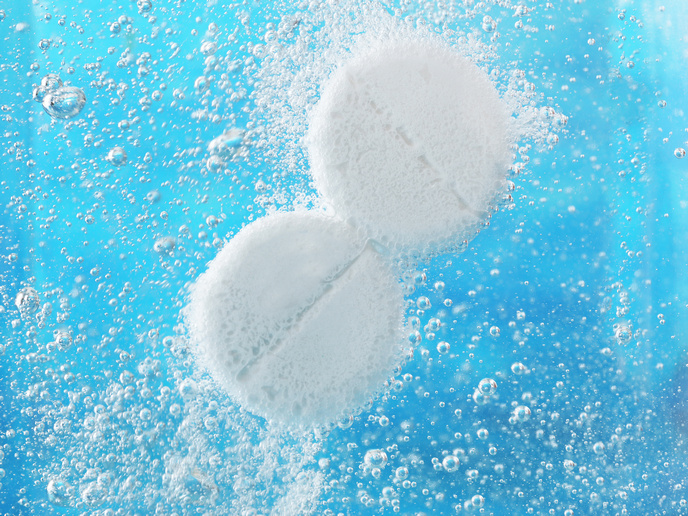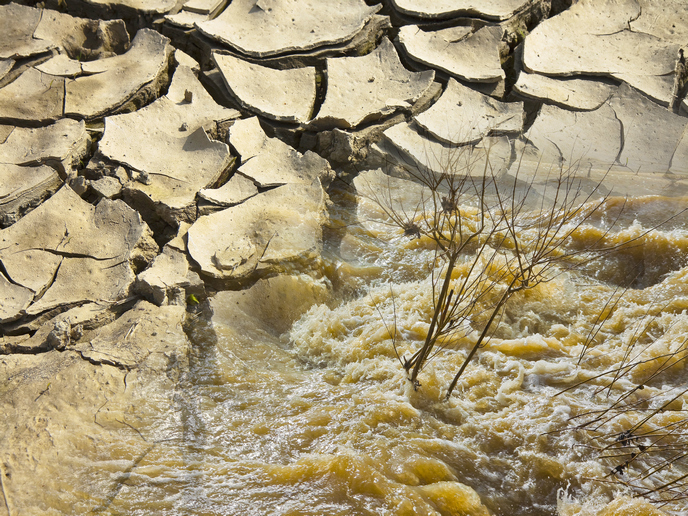Saving waters from domestic chemical contamination
Pharmaceutical and personal care products (PPCPs) contain active ingredients that are present as persistent organic compounds in municipal wastewater. This contamination of wastewater by PPCPs occurs in the following way: Waste water treatment plants emit discharges containing PPCPs, and these contaminants end up in the feeding water of waterworks, such as groundwater, surface water, and bank filtrates. In some instances, drinking water could also contain PPCPs. It is especially crucial to control the active ingredients from pharmaceuticals that enter waterworks, as antibiotics that contaminate the environment could trigger the development of bacterial strains that are antibiotic-resistant. Furthermore, as the use of PPCPs is continuous, so is the contamination of the environment. Despite the fact that PPCPs enter the environment at low concentration levels, the sustained exposure of the ecosystem, as well as humans, to these organic compounds could result in serious side effects. Danger lies in the fact that at first PPCPs cause gradual and minor changes in the environment. The POSEIDON project is proactive in that it develops methods that reduce the contamination of the environment with PPCPs from wastewater by optimising the treatment processes. In fact, POSEIDON analyses the technologies used to remove PPCPs in wastewater and drinking water facilities and constructs methods that stop the contamination of groundwater, drinking water, and receiving water with these toxic compounds. Specifically, POSEIDON incorporates the removal efficiency and fate of PPCPs in conventional and advanced wastewater and drinking water treatment systems. This is achieved within laboratory, pilot, and full-scale frameworks. This project also executes environmental risk assessments (ERAs), and goes on to conduct a strategy for indirect potable water reuse of treated urban wastewater. In particular, this strategy takes into account the specific PPCP that is contaminating the wastewater. Finally, POSEIDON's strategy proposes the optimum, tailor-made combination of drinking water and wastewater treatment so as to eliminate the PPCPs. POSEIDON's market possibilities are very broad. The end-users of POSEIDON are waterworks and wastewater treatment facilities that, after conducting POSEIDON, can then go on to implement the results to optimise the treatment processes and thus reduce the PPCPs in the water. Another important market factor is that POSEIDON can meet specific customer demands. For instance, where there is water scarcity, POSEIDON supplies information about the most cost-effective way to remove PPCPs. In all these ways, POSEIDON promises to help preserve both the environment and human health.







